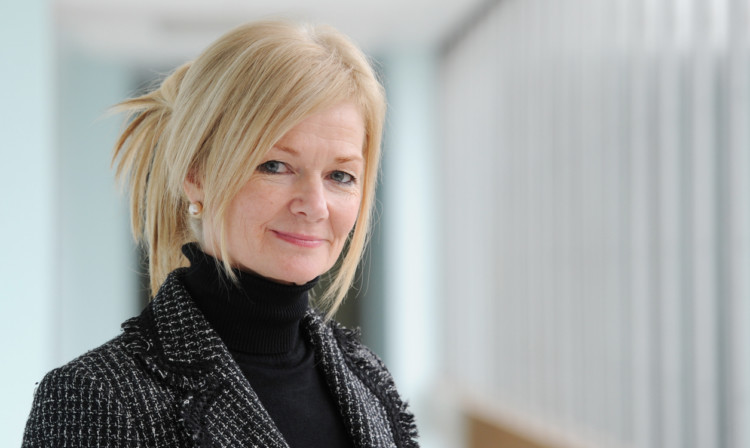Caring for the aging population is one of the biggest demands facing NHS Tayside, according to the health board’s new chief executive.
Lesley McLay spoke of her “vision” for more care for patients at home.
“The life expectancy is so much higher,” she said. “Our biggest challenge is to meet those requirements.
“Part of this is shifting delivery of health care from the hospital. My vision is to shift care to the home and community setting.”
NHS Tayside has already set up three rapid response teams with money from Holyrood to provide care packages in patients’ houses. The health board gained £750,000 from the Scottish Government this year.
“We chose three practices in Monifieth, Carnoustie and Broughty Ferry because of the demographic they had with a high elderly population,” Ms McLay said.
The teams have been set up in each practice to develop a package of care involving general practice input, social work and nursing in patients’ homes.
Ms McLay said: “Those teams will respond to GPs if someone has become unwell. Instead of admitting them the teams will go in to their home.
“It means the patients that are coming in (to hospital) are more acutely unwell.”
She said the health board is also increasing its nursing staff this year, partly to deal with the aging population.
“We are on course to deliver 128 new nurses,” Ms McLay. “We knew last year we would need to increase our nursing levels.
“Overall staffing in Tayside has increased year on year. Job cuts are not part of my planning.”
Ms McLay also placed high emphasis on the use of new technology to help care for patients in the community, including Telehealth.
The scheme uses video links in GP surgeries and patients’ homes to support those with long-term conditions. Patients are able to deal with clinicians without having to go to hospital.
Increased technology also means patients will be able to access information about their conditions and treatment requirements more easily. Employees will also benefit.
“We are looking at mobile technology for our staff,” Ms McLay said.
“In Angus we have given tablets to 120 of our community staff. They are able to access the patient record and information system without having to go back to base.
“That’s working really well. We can see if we can roll it out.
“We have a hugely, highly qualified, trained and committed workforce. I want to make it easier for them to do the best job possible and deliver the best possible care.”
